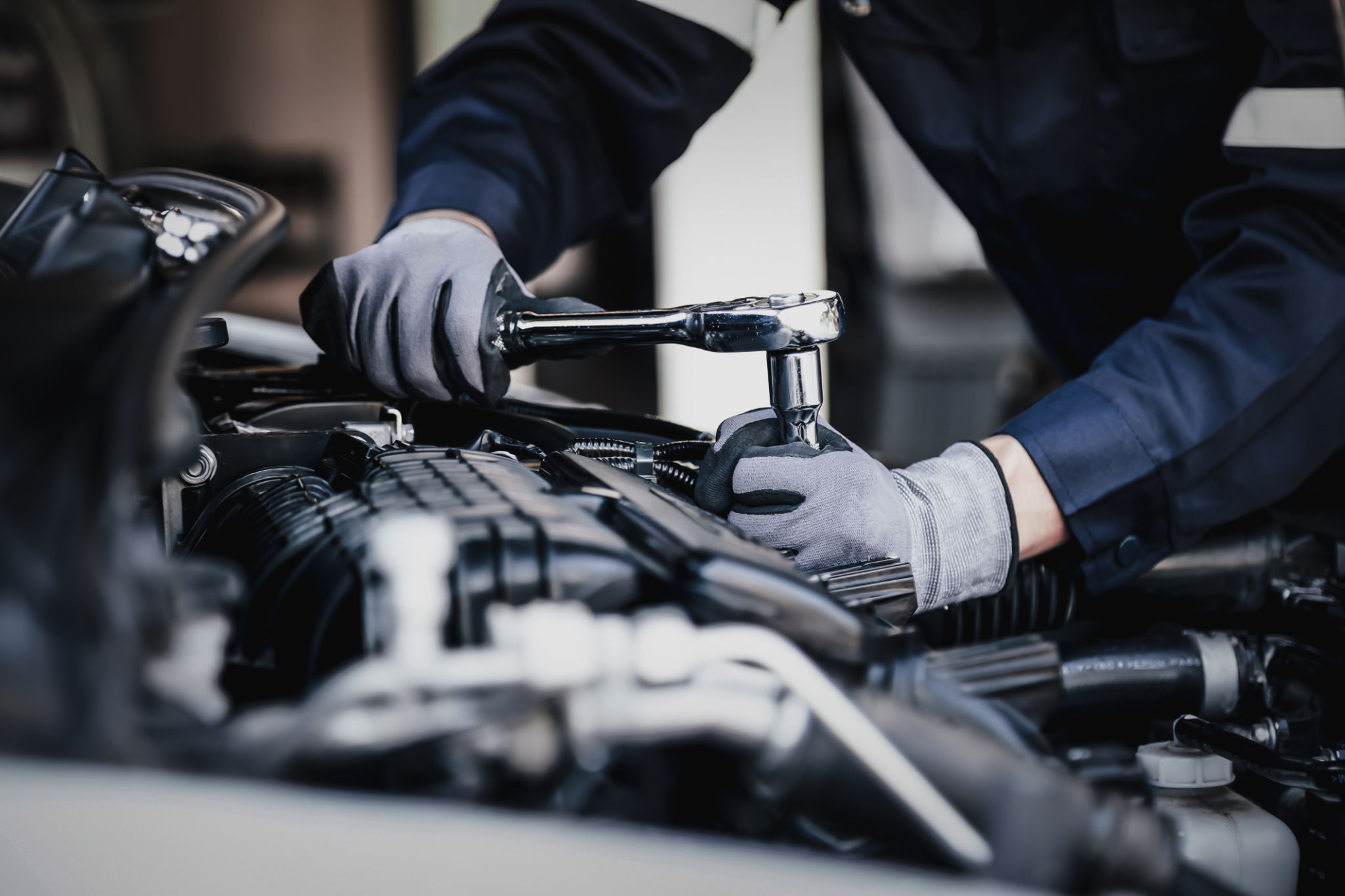Preparing Your Diesel Engine for Seasonal Changes
Understanding the Importance of Seasonal Maintenance
As the seasons change, so do the demands on your diesel engine. Preparing your diesel engine for these changes is crucial to ensure its longevity and performance. Seasonal maintenance can prevent unexpected breakdowns and costly repairs. By taking proactive measures, you can help your diesel engine run smoothly, regardless of the weather conditions.

Inspecting and Replacing Fluids
One of the first steps in preparing your diesel engine for seasonal changes is inspecting and replacing fluids. This includes checking the engine oil, coolant, and transmission fluid. It’s important to use the appropriate grade of oil and coolant for the season. During colder months, a thinner oil might be necessary, while summer might require a thicker variant.
Ensure that the coolant is topped up and that its mixture is suitable for the upcoming season. A 50/50 mix of antifreeze and water usually works, but extreme temperatures might require adjustments. Also, inspect the transmission fluid level and quality, replacing it if necessary.
Checking the Battery and Electrical System
The battery and electrical system are vital components of any diesel engine. Cold weather can affect battery performance, so it's essential to test the battery’s charge and inspect the terminals for corrosion. Clean any corrosion with a mixture of baking soda and water, ensuring a strong connection.

Additionally, examine the alternator and starter motor to ensure they are functioning correctly. The electrical system should be in top shape to handle the increased demands of seasonal changes.
Inspecting Belts and Hoses
Belts and hoses can be vulnerable to extreme temperatures. Inspect them for any signs of wear, cracking, or fraying. Replace any belts or hoses that appear damaged to avoid potential engine failure. Cold weather can cause rubber to become brittle, increasing the risk of breakage.
Ensure all connections are secure and that there are no leaks. Regular inspection can help identify issues before they become serious problems.

Monitoring Tire Pressure
Tire pressure can fluctuate with temperature changes, affecting fuel efficiency and vehicle handling. Check tire pressure regularly and adjust it according to the manufacturer’s recommendations. Underinflated tires can lead to increased friction and wear, while overinflated tires can reduce traction.
Consider using winter tires during colder months for improved grip on icy or snowy roads. Proper tire maintenance is essential for safe driving in different weather conditions.
Fuel System Maintenance
The fuel system is another critical aspect to consider when preparing your diesel engine for seasonal changes. Use a fuel additive designed to prevent gelling in cold weather and remove any water from the fuel system to prevent freezing. Regularly replacing the fuel filter can prevent clogs and ensure optimal performance.

During hotter months, ensure that your fuel system is clean and free of contaminants that could affect combustion efficiency.
Final Steps for Optimal Performance
Beyond mechanical checks, consider giving your diesel engine a thorough cleaning to remove any dirt or debris that could cause damage. Regularly inspect air filters and replace them when necessary to ensure clean air intake.
By following these steps, you’ll help ensure that your diesel engine remains reliable throughout seasonal changes. Regular maintenance not only enhances performance but also extends the lifespan of your engine, saving you time and money in the long run.